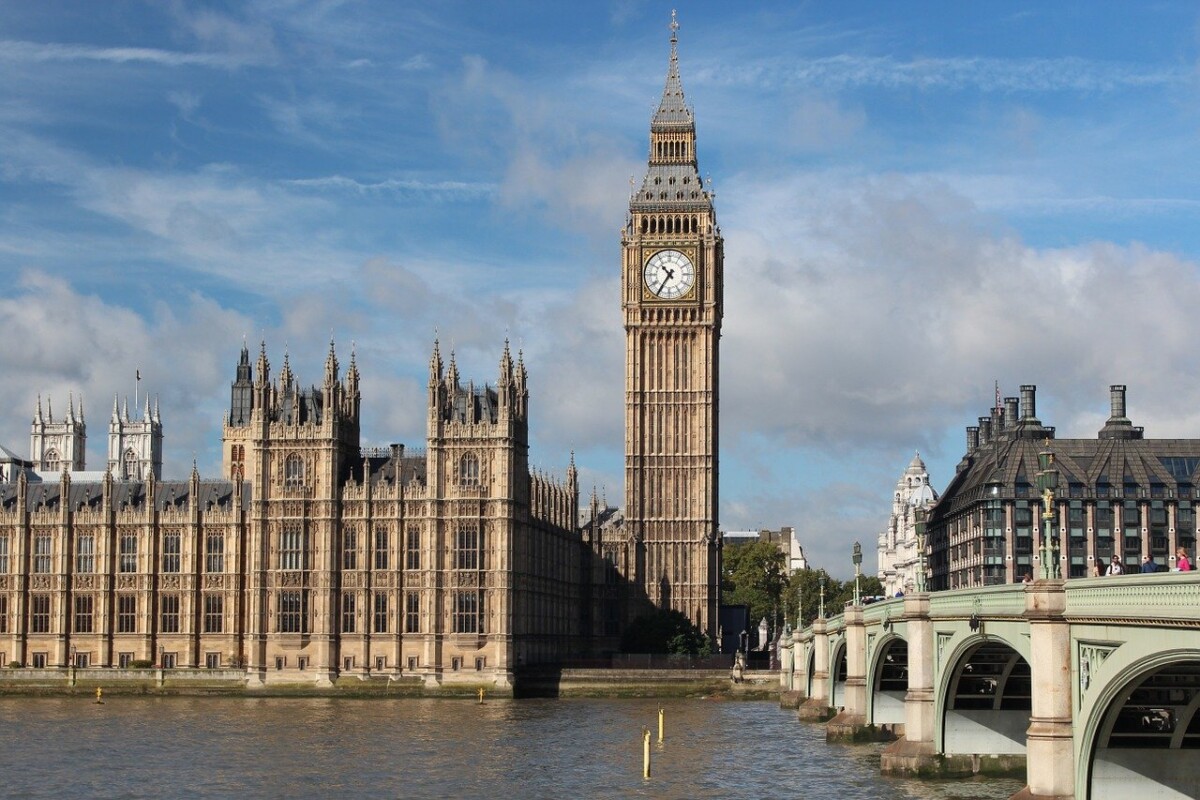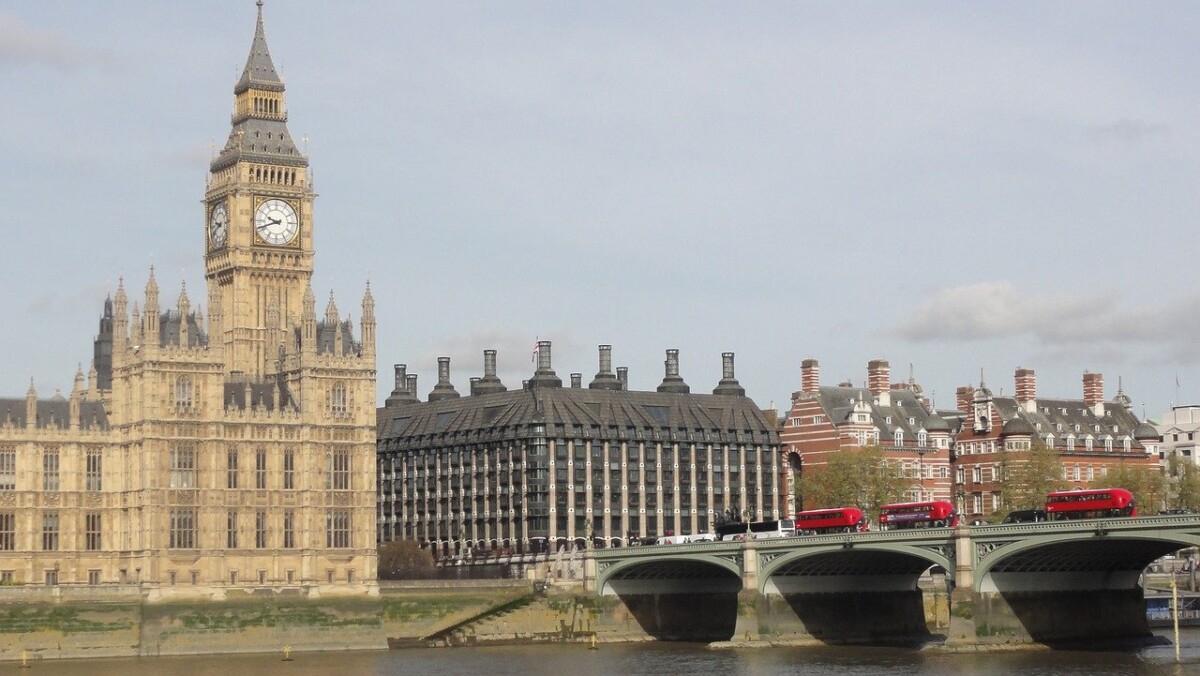Charity Commission opens statutory inquiry into Captain Tom Foundation

The Commission has launched the inquiry over newly identified concerns about arrangements between the charity and a company linked to the Ingram-Moore family, as well as ongoing concerns about the trustees’ decision making and the charity’s governance.
The Commission is examining whether a private company, Club Nook Limited, which is controlled by Hannah Ingram-Moore and Colin Ingram-Moore, may have profited through trademarking the Captain Tom name without objection from the charity. A trademarking that occurred, the Ingram-Moores have said, before the charity’s formation.
The inquiry, which opened on 16 June, will also look into whether there was any mismanagement and misconduct by The Captain Tom Foundation’s trustees in the administration of the charity. This will include examining whether the charity has suffered financial losses through any unauthorised private benefit to any trustees – current or previous, whether the trustees adequately managed conflicts of interest, including with private companies connected to the Ingram-Moore family, and whether they complied with charity law.
Advertisement
Hannah Ingram-Moore was a trustee from 1 February 2021 until 15 March 2021, when she resigned. Colin Ingram-Moore became a trustee on 1 February 2021 and remains a trustee.
Helen Stephenson, CEO of the Charity Commission, said:
“The late Captain Sir Tom Moore inspired the nation with his courage, tenacity and concern for others. It is vital that public trust in charity is protected, and that people continue to feel confident in supporting good causes.
“We do not take any decision to open an inquiry lightly, but in this case our concerns have mounted. We consider it in the public interest to examine them through a formal investigation, which gives us access to the full range of our protective and enforcement powers.”
The Commission had already engaged with the charity last year when it proposed appointing Hannah Ingram-Moore as CEO on a £100,000 salary. This proposal was refused by the Commission on the grounds that the salary was neither reasonable nor justifiable, but in August 2021 it permitted the charity to appoint Ingram-Moore as interim CEO on a salary of £85,000 per year. This was on a 3-month rolling contract, for a maximum of 9 months whilst the trustees conducted an open recruitment process. This period has now ended and the charity has recruited a new CEO, Jack Gilbert, who took over on 1 June.
The Commission’s case had also identified potential concerns about payments of consultancy fees and payments to related third parties revealed in the charity’s accounts, published in February 2022. However, it is now satisfied that these payments are reasonable reimbursement for expenses incurred by the companies in the formation of the charity. It is also satisfied that any conflicts of interest in relation to these third-party payments were adequately identified and managed.
The £38million raised by the late Captain Sir Tom Moore, who broke records through his fundraising walks, and which was donated to NHS Charities Together prior to the formation of The Captain Tom Foundation is not part of the inquiry.
Charity response
Responding to the inquiry’s announcement, the new CEO, Jack Gilbert has said that he will “ensure that in all respects, including governance and finance, the foundation conforms to best practice”.
Stephen Jones, Chairman of the board of trustees of the Captain Tom Foundation, commented:
“We will of course work closely with the Commission in its inquiry relating to intellectual property management.
“I note that the trustees confirmed with the Commission during the process of registration that the ‘image rights and intellectual property rights of the name were held within a private family trust’, and the Commission was aware that this was always intended to be the case.
“We welcome that the Charity Commission reports that it is ‘satisfied’ in relation to questions that had been raised about the foundation’s annual report which was published in February, and has concluded that payments were reasonable and that conflicts of interest were identified and managed.”






